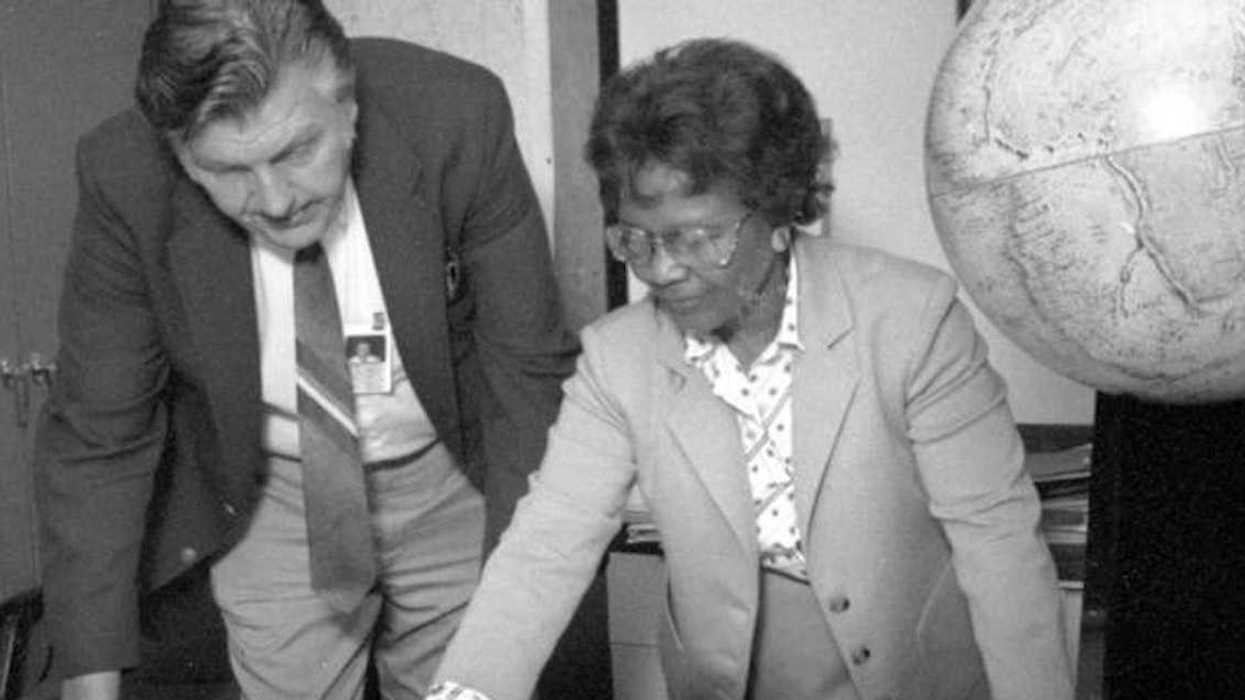Early in the first season of Downton Abbey, the trendy PBS drama about an aristocratic family and their servants in Edwardian England, a middle-class cousin elevated to the upper crust has a problem: He can’t see the use in—or get used to—a valet helping him with everything from laundry to getting dressed in the morning.
In Downton, the cousin comes to terms with his servant after a kindly lecture from the local lord on the importance of vocation and social order, but the idea of a life surrounded by domestic servants performing daily chores looks strange to modern eyes. Technology and changing economic incentives make hiring someone to do our housework seem like an inefficient proposition. But we might all be making the same transition soon—not out of a sense of noblesse oblige, but because it might start making good financial sense.
In one sense, paying others to do our chores is economically over-determined. The more advanced the economy, the more it relies on people performing specific tasks, whether on an assembly line, in medical sub-specialties, or in restaurants that cater to specific tastes. It makes sense that domestic tasks could fall victim to this trend as we seek to maximize our focus on the work that matter to us.
Another factor is the increasing number of women in the workforce; in past generations, women lacked employment opportunities and found themselves in partnerships where they acted as homemakers. With modern equality, it makes more economic sense for both partners to seek employment and earn money outside the home—but that still leaves chores to be done.
Economists Justin Wolfers and Betsey Stevenson, a married couple who have spent some professional time investigating family economics, argue that many middle-class couples spend too much money on things and too little on services considering the relative happiness we derive from the two. The couple outsources much of their personal chores and childcare to assistants so they can focus on their work, and argue other people ought to seriously consider doing the same.
The final piece of the puzzle when it comes to the modern-day assistants, valets, butlers and errand runners is information technology—our growing ability to process data in real time. Keeping a live-in maid or butler doesn’t make sense, but a number of web services have sprung up to help link people with tasks the folks who will do them. The most well-known is TaskRabbit, a sort of Craigslist for errands ranging from cooking to deliveries to laundry.
But TaskRabbit relies on a bidding model where taskrabbits compete to offer you the lowest price for your service; it’s not instantaneous. Now serial entrepreneur Justin Kan is launching a service called Exec that aims to operate in real time; inspired by a set of forgotten keys that Kan shuttled to a friend using a cab service, customers will have a mobile app that will link them to “execs” hired and vetted by the company to handle personal tasks.
“From the customer perspective, there's no auction process—you get someone we select for you based on skills,” Kan told Business Insider. “We also pick them based on their past history working for you, their location, and a bunch of other conditions. We're trying to get rid of the negotiation and auction process.”
Kan’s service—and other competitors popping up, including Done, a TaskRabbit clone with charitable twist—suggest this kind of personal outsourcing could become more ubiquitous. More and more people might end up coming to terms with a bevvy of internet-dispatched assistants handling cooking, laundry and whatever other errands are distracting them; if, as Kan predicts, repeat customers will end up with repeat assistants, we could find ourselves developing Downton-esque relationships with the people whose daily work is ours.
Just imagine the reaction to historical dramas produced by the Public Brainwave Service in 2111—it’ll be so strange to see oddly dressed people using bulky iPhones to summon people to perform domestic tasks. Cultural practices were so weird before the personal robotics era!
Photo courtesy ITV
















 Otis knew before they did.
Otis knew before they did.